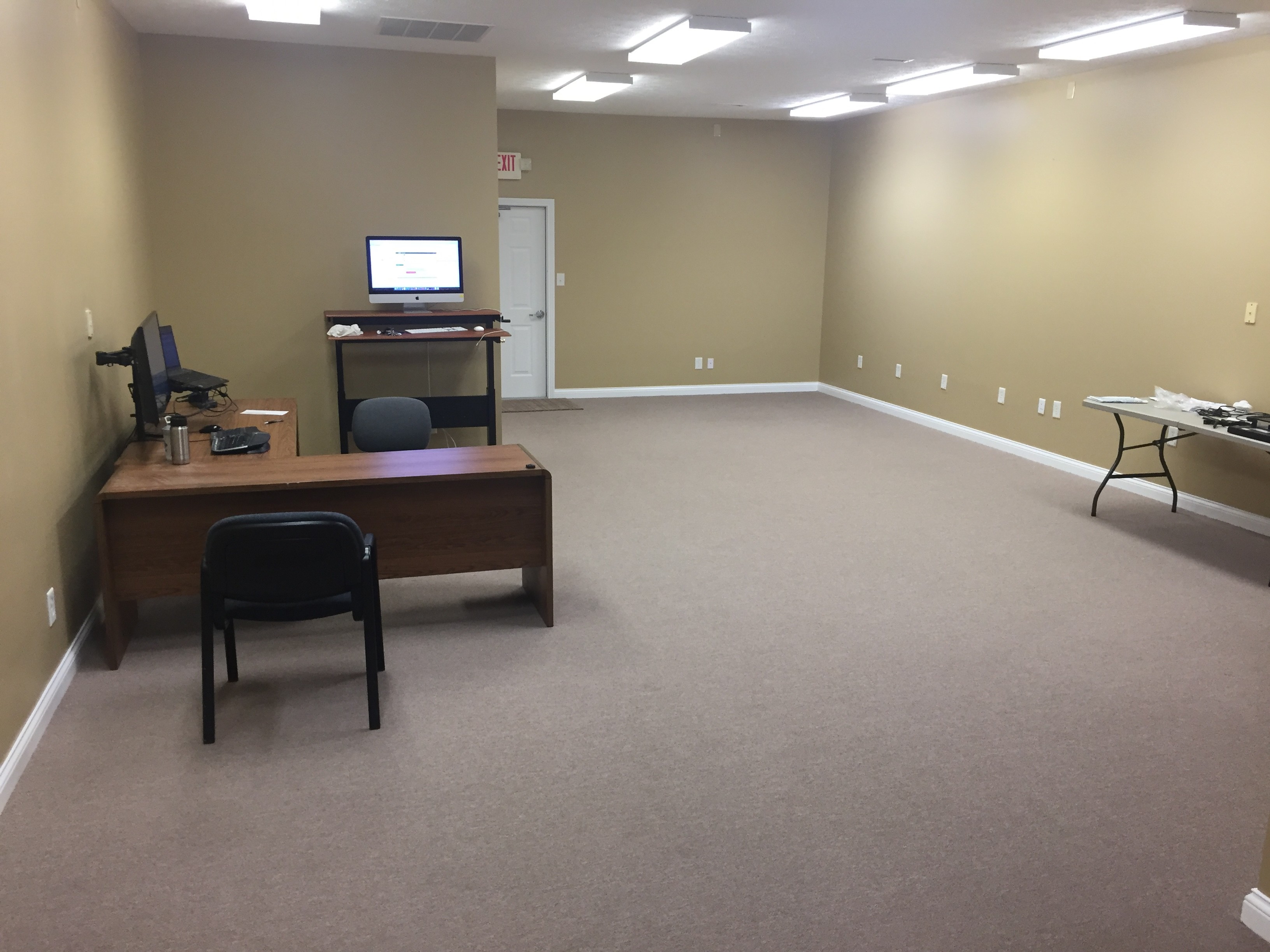I sat down with the owner of a business a few weeks ago that had reached out to us about modernizing a software application he’d created almost 10 years ago. The system has been showing wear and tear for several years, and it was time to freshen it up. Once modernized, he also wanted to take the system to the public. He wants to whitelabel it, sell it to other businesses like his, and grow it to be a go-to resource for businesses in his industry.
We’re excited. We’re deep into the discovery phase of listening, asking clarifying questions, and starting to wrap our heads around the concept of this system and the opportunities this project brings. And then, only an hour into the relationship, here comes the question… “How much do you think that will cost?”
If you are in the world of service like we are, you get these early requests for estimates all the time. If you give any answer at all at this point, you know it’s just spitballing. If you hold back, though, clients may jump immediately to the concern of writing a blank check.
How does one find balance and bring value early in the world of consultative sales?
We just hired a new Business Development Specialist. He starts in just over a week, and we’re all excited about the new opportunities he will help bring to the table. As I sat with Ryan over lunch this week, he asked me several questions about finding good opportunities, weeding out the bad prospects, and identifying the value we bring to the client and ourselves. The challenge in our line of work is that we often can’t tell right away. You don’t want to drop a 5 or 6 figure price tag on a project too early in the process, but you also don’t want to give away several hours of high-level discovery work for free, only to find out the client wants something for a fraction of the true cost.
We try to steer our clients to solutions that are their own. The value proposition needs to come from them, in their own words. When the client says out loud, “this will save my team of 30 at least half an hour a day, every day,” they’ve started to place measurable value on the project. When they recognize that without your help, their business’ future may be jeopardized, they’re much more likely to take the investment seriously than consider it a low priority expense they can do without.
The discovery portion of the sales game we play is one of my favorite parts. It’s an overlooked area of service that is of tremendous value but all too easy to give away. As we carefully consider new work and prospects, I encourage my team to NOT tell clients what they want to hear, but rather to carefully listen, question, and repeat back the words of those we serve to ensure that we are bringing VALUE, not just deliverables.
Written by Chet Cromer for publication in the Business Leader




Recent Comments